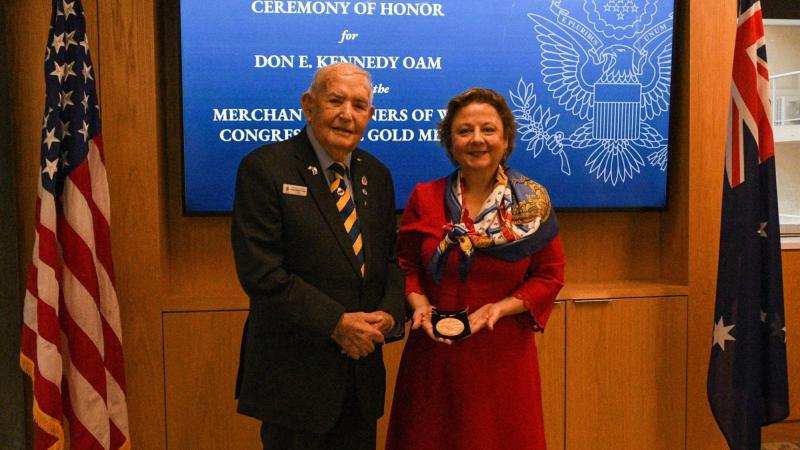Western Australia’s social assistance and allied health sector has welcomed a significant training boost under the McGowan Government’s new Enterprise Training Program (ETP).
Introduced on July 1, 2019, the ETP provides support to employers to help them upskill their workforce to meet the challenges related to workforce development in WA.
Funding for approximately 3,500 training places for aged care and disability care workers has been allocated since the roll-out of the pilot program, with skillsets linked to the Certificate IV in Ageing and Certificate III in Individual Support the most common.
Working in partnership with a registered training organisation, individual employers in the social assistance and allied health sector can apply for up to $200,000, while a consortium of employers can access up to $300,000 in funding.
A second initiative, the Pre-Traineeships Program is operating as a pilot program aimed at providing students with an introduction to the aged care and disability care sectors and an understanding of the working environment.
The program provides employers, in partnership with a registered training organisation, an opportunity to pre-screen potential students for their suitability to work in the social assistance and allied health sector.
Both initiatives were introduced in response to the Social Assistance and Allied Health Workforce Strategy released by the State Training Board in 2018. The strategy was developed with extensive industry input and recommended a co-ordinated response to maximise the development of a contemporary, skilled and flexible workforce aligned with the National Disability Insurance Scheme roll-out.
Funding for both programs is a combination of State and Commonwealth funds under the National Partnership Skilling Australians Fund.
Further information is available at https://www.dtwd.wa.gov.au/skillingaustralians
As stated by Education and Training Minister Sue Ellery:
“Western Australia’s social assistance and allied health sector is undergoing fundamental change, mainly driven by the rising demand for services.
“In the next five years, the health care and social assistance industry is forecast to have the largest employment growth of all industries in Western Australia.
“These programs are part of the Government’s forward planning and preparedness to meet the needs of the National Disability Insurance Scheme, and the growing aged care sector to ensure a high-quality, skilled workforce.”
As stated by Disability Services Minister Stephen Dawson:
“The McGowan Government is working to grow a skilled and contemporary social assistance and allied health workforce.
“We’ll be working collaboratively with industry to actively promote job opportunities and raise awareness of career pathways to help diversify and grow the social assistance and allied health workforce.
“I’m proud to be part of a Government that’s putting the training need of disability care and aged care workers front and centre.
“Disability specific training is key to developing a skilled workforce. As well as delivering new opportunities for people with disability, the National Disability Insurance Scheme will trigger large scale economic growth and job creation, which in turn will provide further job opportunities.”






